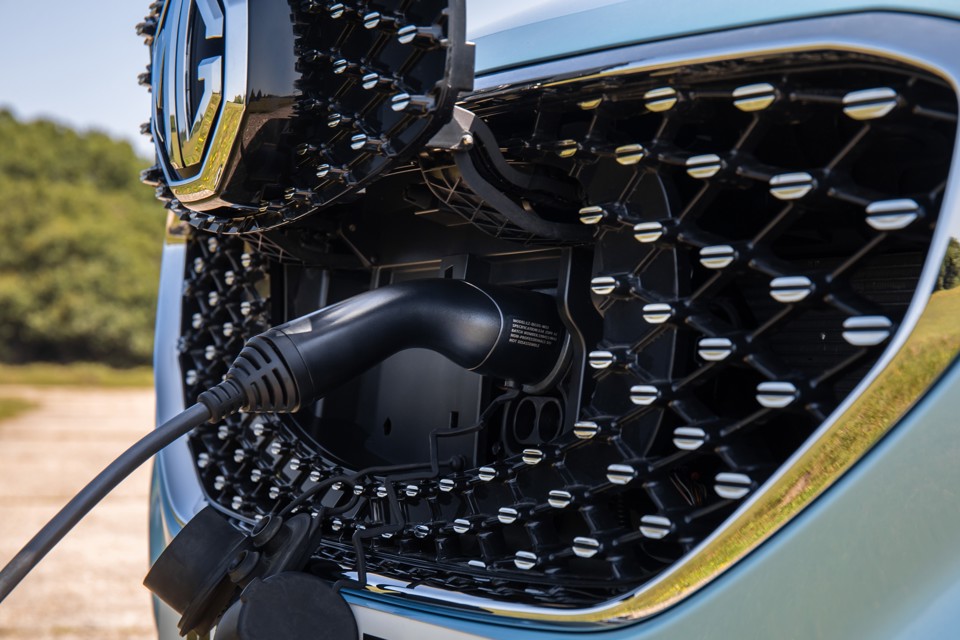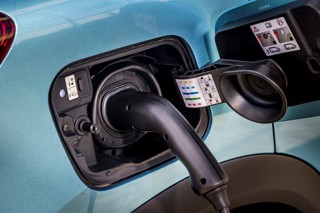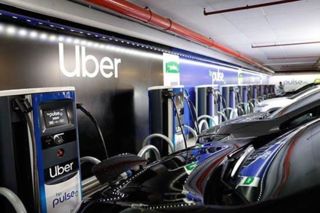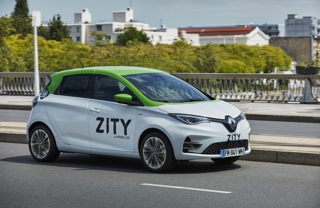A lack of public charging infrastructure was cited as the biggest barrier to electric vehicle (EV) adoption by the majority (59%) of fleets that are not currently considering implementing EVs.
Despite the UK having a network of more than 35,000 public charging points, fleet operators responding to the latest Arval Mobility Observatory Barometer research placed charging infrastructure above pricing concerns and range anxiety.
Shaun Sadlier, head of Arval Mobility Observatory in the UK, said: “Although public charging is seen by businesses as the biggest problem when it comes to EV adoption, to a great extent the charging issue that they face can be solved by those employers themselves.
“They can choose to invest in office and home charging for example. However, difficulties surrounding public charging are very much in the hands of others, but the regular updates on significant investment in the charging infrastructure indicate that this will become less of an issue in the future.
“This issue is especially difficult for the four out of ten motorists who do not have driveways and rely on third parties such as local authorities and commercial charging providers to fit facilities on the streets near their homes.
“While this is not happening as quickly as these fleets would like, the continued investment in new rapid-charging infrastructure will make operating an EV much easier for those who can’t charge at home in the future.”
In April, the Electric Vehicle Association (EVA) England outlined its key recommendations for the improvement of the UK’s public charging network.
The majority of perceived barriers listed by non-EV adopting fleets has reduced significantly over the last year.
Arval’s latest study found that 43% of fleets feel the purchase price being higher than that of a petrol or diesel car is a barrier – a reduction from 65% last year.
The issue of no charging being available at the employee’s home dropped from more than half (55%) last year, to 37% this year.
Sadlier added: “Our view of this is that businesses are becoming more and more accustomed to, and enthusiastic about, EV adoption. The technology, which was previously new to many of them, now holds fewer fears as they can see more and more of these vehicles being successfully used day-to-day on their own fleets, by other businesses, and by private motorists. We fully expect these objections to fall even further or disappear in next year’s Arval Mobility Observatory Barometer.”
Survey results: What are the constraints you face in using EVs?
The number of public charging points 59%
The purchase price is higher than a petrol or diesel car 43% (down from 65% last year)
The range of available models is limited 39% (down from 64% last year)
No charging is available at the employee’s home 37% (down from 55% last year)
No charging is available at our company offices 36% (down from 55% last year)
There are question marks over reliability 27% (down from 34% last year)
Employee reluctance to drive such vehicles 15%























Login to comment
Comments
No comments have been made yet.